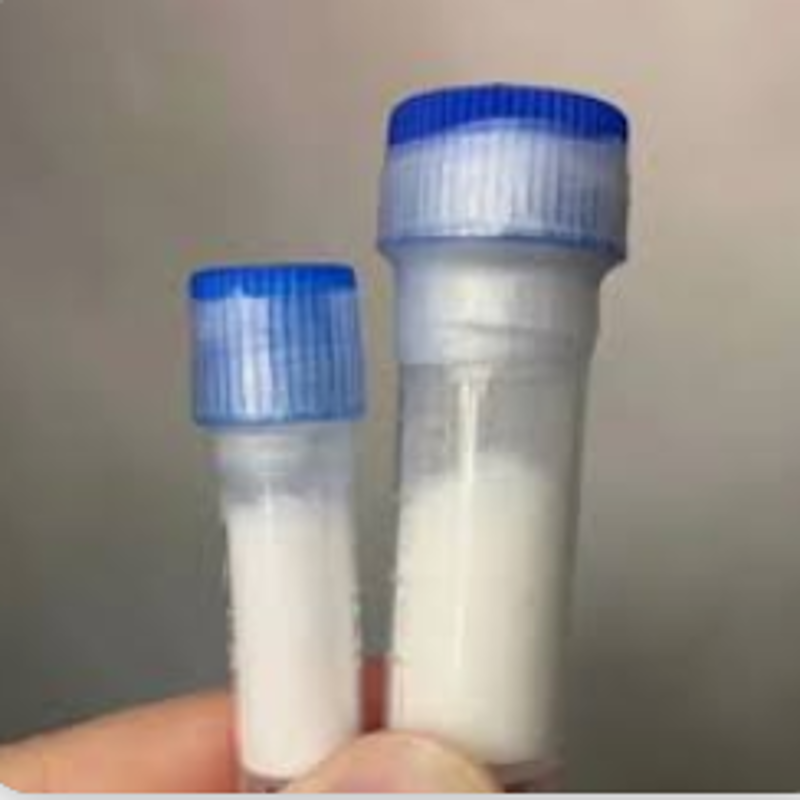-
Categories
-
Pharmaceutical Intermediates
-
Active Pharmaceutical Ingredients
-
Food Additives
- Industrial Coatings
- Agrochemicals
- Dyes and Pigments
- Surfactant
- Flavors and Fragrances
- Chemical Reagents
- Catalyst and Auxiliary
- Natural Products
- Inorganic Chemistry
-
Organic Chemistry
-
Biochemical Engineering
- Analytical Chemistry
-
Cosmetic Ingredient
- Water Treatment Chemical
-
Pharmaceutical Intermediates
Promotion
ECHEMI Mall
Wholesale
Weekly Price
Exhibition
News
-
Trade Service
Depression in older adults is associated with poorer subjective and objective cognitive performance, higher rates of Alzheimer's disease (AD) and associated dementia, and neurodegenerative brain pathology.
history of depression and depression in later life are associated with elevated levels of AD's neuropathological marker, brain amyloid β (A beta), suggesting that depression is a risk factor for AD.
In contrast, in cognitively normal older adults, higher baseline brain A beta was associated with a 4.5-fold increase in the likelihood of clinically significant depressive symptoms over several years, even after adjusting for a depressive history, suggesting that A-beta deposition may be a risk factor for depression.
subjective cognitive decline (SCD) is also a risk factor for subsequent AD, a recognized symptom of depression.
, evidence of a link between depression, SCD and AD is complex and has important implications for depression screening in older adults.
, for example, it is not clear to what extent depression screening in older adults is biased by the presence of SCD or AD neuropathy.
findings and timely interventions for depression often depend primarily on questionnaires of depressive symptoms used in primary care settings.
these measures also play a key role in the prevention and treatment of AD and related dementia screening and symptom tracking.
Given the coexistence of SCDs and depression and their association with AD, we must understand their interactions and the potential impact on how older people respond to self-reporting measurements of common depression, such as the 15-item GDS-15, which includes a question about memory ("Do you feel like you have more memory problems than most people?"). ")。
In order to determine whether depressive symptoms on GDS (15 versions), including self-reported memory problems, varied depending on brain amyloid protein β (A beta) levels (a pathological marker of early AD), the researchers investigated potential measurement deviations in A-beta levels, as well as measurement deviations attributable to cognitive function levels and gender as positive controls.
study included 3,961 cognitively normal older adults from the A4/LEARN study.
researchers used MIMIC (multi-indicator, multi-reason) methods to detect measurement deviations.
results showed that several items of GDS-15 had measurement deviations in terms of A-beta levels, cognitive function, and gender, with deviation effects ranging from small to medium.
the effect of measurement deviations caused by A-beta levels on overall depressive levels is negligible.
, the GDS-15 project response was more sensitive to A-beta burden, cognitive function, and gender than expected because of the overall impact of these factors on the severity of depressive symptoms.
, however, these have little direct impact on GDS project measurement deviations and do not significantly affect the effectiveness of depression inferences based on GDS-15.
online: Simplified version of 15 entries in the Emotional Depression Score Table for older people (GDS-15)







